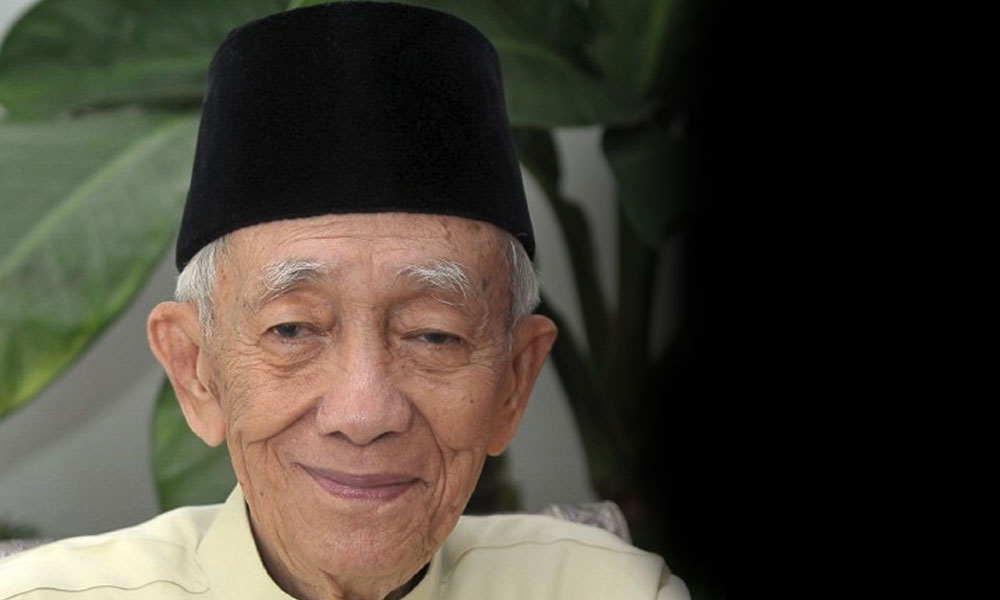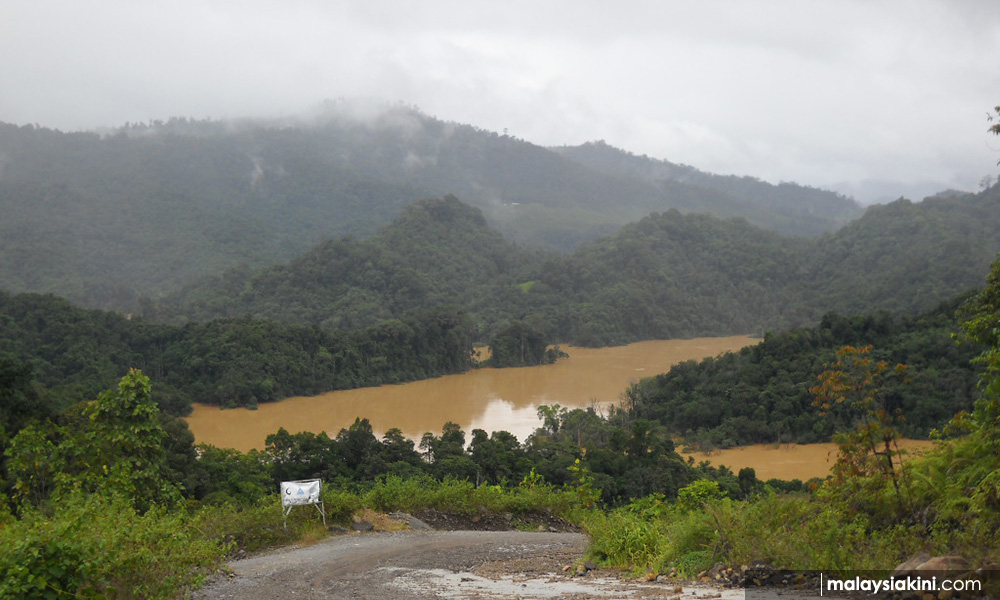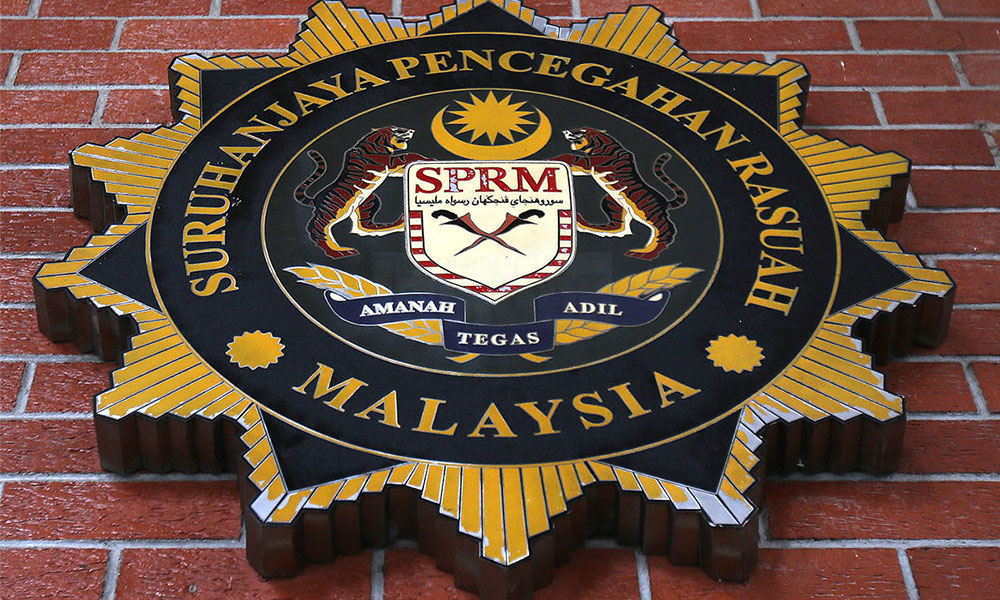Abdul Taib Mahmud (May 21, 1936 – Feb 21, 2024) would have served 10 years as Sarawak’s governor next week, had he managed to remain in office for his full term instead of stepping aside for Wan Junaidi Tuanku Jaafar to take over last month.
And he passed away yesterday due to ill health.
Nevertheless, the elder politician’s long career has undeniably made its mark in the Land of the Hornbills.
Born in Miri as the eldest of 10 siblings, Taib had wanted to become a doctor but his influential uncle Abdul Rahman Ya'kub (who would later become chief minister) convinced him to study law instead.
“With law degrees, it was my view that both Taib and I would be better able to serve the people of Sarawak,” the late Rahman was quoted as saying by The Star during his 80th birthday celebration in 2008.
Upon returning from Australia after his studies and a stint as a judge’s associate, Taib was soon persuaded by his uncle to join Barisan Ra'ayat Jati Sarawak (Barjasa) in 1963.

The party is a forerunner to today’s ruling party in Sarawak, the Parti Pesaka Bumiputera Bersatu (PBB).
This marked Taib’s first foray into politics, and he would become a member of the Sarawak legislative council and state minister for communication and works in the same year.
In 1966, he was appointed as state minister of development and forestry.
After winning the Samarahan parliamentary seat in 1970, he was appointed to various ministerial and deputy ministerial positions until March 1981 - when he resigned as federal territories minister to return to Sarawak politics by contesting in the Sebandi (now Asajaya) state by-election.
He won the contest unopposed and succeeded his uncle Rahman as chief minister of Sarawak, while Rahman became Sarawak’s governor.
Taib would hold that post for nearly 33 years, before becoming governor himself on March 1, 2014.
But his relationship with his uncle hasn’t always been so cordial.

Events would come to a head in the Ming Court Affair. Rahman was furious at being forced to step down from his governor post in 1986, and the last straw came in 1987 after Taib revoked timber licences given to companies linked to his uncle.
Rahman’s supporters met at the Ming Court Hotel (now Corus Hotel Kuala Lumpur) to plot a vote of no confidence against Taib, but the latter outplayed them by dissolving the state assembly and winning the subsequent state election.
Some of the key plotters were detained without trial under the now-abolished Internal Security Act 1960 - while others went into exile.
READ MORE:
The two would eventually set aside their differences. The Star reported them embracing each other at Rahman’s 80th birthday and Rahman downplaying the incident in an interview by describing it as a misunderstanding.
“To us, it is not really a big issue. Somebody reported to him that I was going to topple him. That was not correct. He discovered later that what they told him was completely wrong. He even told my daughter about it,” Rahman was quoted as saying.
Sarawak under Taib’s premiership from 1981 to 2014 saw a period of rapid development along with the rest of the country, thanks in part to the state’s wealth in land, timber, oil and other resources.
This also included megaprojects such as the Sarawak Corridor of Renewable Energy (Score) which entails the construction of a series of hydroelectric dams including the Bakun Dam, and leveraging it to power industries like aluminium smelting and float glassmaking that require lots of electricity and/or water.
Large tracts of rainforests have also been converted into oil palm plantations.
However, such development projects have often come into conflict with indigenous groups who depend on the forest for their survival, and have resorted to court battles and blockades to assert their customary rights.
These conflicts persist to this day despite Taib having taken on a largely ceremonial role since 2014.

Taib has also been accused of abusing his power as chief minister to develop systems of patronage that enriched him, his family and his cronies, though he has denied these accusations.
He said he has “shut out” his family-linked company Cahya Mata Sarawak Berhad from his life to prevent conflicts of interest.
Other companies linked to Taib and his family oil-and-gas services firm Dayang Enterprise Holdings Bhd, property developer Naim Holdings Bhd, steel fabrication company KKB Engineering Bhd and plantation company Ta Ann Holdings Bhd.
The Swiss NGO Bruno Manser Fund (BMF) said in 2014 there are 333 companies in Malaysia and 418 around the world that are owned by Taib’s siblings and four children.
The family’s stake in the top 14 Malaysia-based companies alone amounts to RM3.95 billion based on company filings at the time.
The group is currently facing a defamation suit by Taib’s daughter Jamilah Taib Murray and son-in-law Sean Murray, over BMF’s statements linking their real estate company Sakto Group to corruption in Sarawak’s logging industry.
Its 2017 report claimed that the Taib family had channelled at least CA$69.8 million (RM232 million) to the Sakto group of companies.

Another hint of the family's wealth emerged from the mutaah (conciliatory gift following divorce) case between Taib’s son Mahmud Abu Bekir Taib and his ex-wife Shahnaz A Majid.
An accountant testified in 2014 that Bekir’s assets were worth between RM976 million and RM1.395 billion.
The controversy surrounding Taib and his alleged links to illegal logging in Sarawak caused his alma mater, Adelaide University, to remove his name from a plaza near the university’s law faculty that was named after him.
Despite persistent allegations of corruption, however, the MACC could not find the evidence needed to prosecute Taib and ultimately cleared him of wrongdoing.
“He could either leave a meeting (after declaring the conflict of interest), which will be noted in the meeting's minutes, or his name would not be in the meeting's minutes at all because he was not present (when the decision was made),” explained then MACC deputy chief commissioner (operations) Mohd Shukri Abdull in 2016.
This leaves no documentary evidence to link Taib to the alleged abuses of power.
Nevertheless, a MACC report identified “manipulation of power” in Sarawak between several state ministers with the power to grant land – a family member of a minister applying for land would have the request granted by another minister with the power to do so.

“The absolute power without control will lead to wide discretional power which can be manipulated for personal and family gains by the minister,” said the 2014 report that also proposed changes to the Sarawak Land Code to prevent abuse.
Taib has taken more of a backseat role after he stepped down as chief minister in 2014 to become governor, like his uncle, and nearly completed three terms in office.
His term was supposed to end at the end of this month, but was cut short with Wan Junaidi's appointment as the new governor on Jan 26.
Reports soon emerged of Taib’s ill health, and the family dispute regarding his care that escalated to accusations of abduction.
Taib breathed his last at around 4:40am at a private hospital in Kuala Lumpur yesterday at the age of 87. The Sarawak government has declared two days of mourning. - Mkini



No comments:
Post a Comment
Note: Only a member of this blog may post a comment.